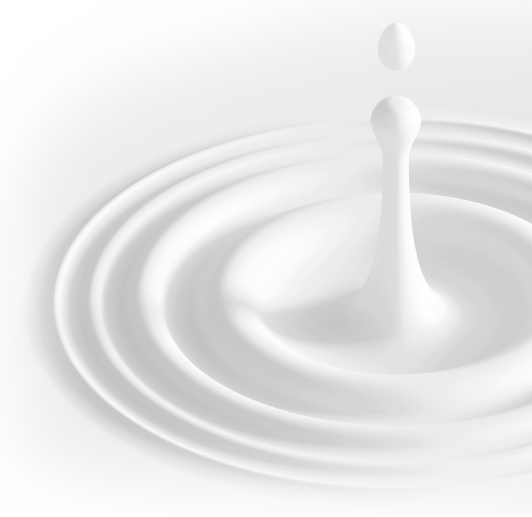- News
- Paper
Cover Picture: The structure-giving role of Rb+ ions for water–ice nanoislands supported on Cu(111)
Phys. Chem. Chem. Phys.: RESOLV researchers characterize the effect of rubidium ions on water–ice nanoislands in terms of area, fractal dimension, and apparent height by low-temperature scanning tunneling microscopy.











